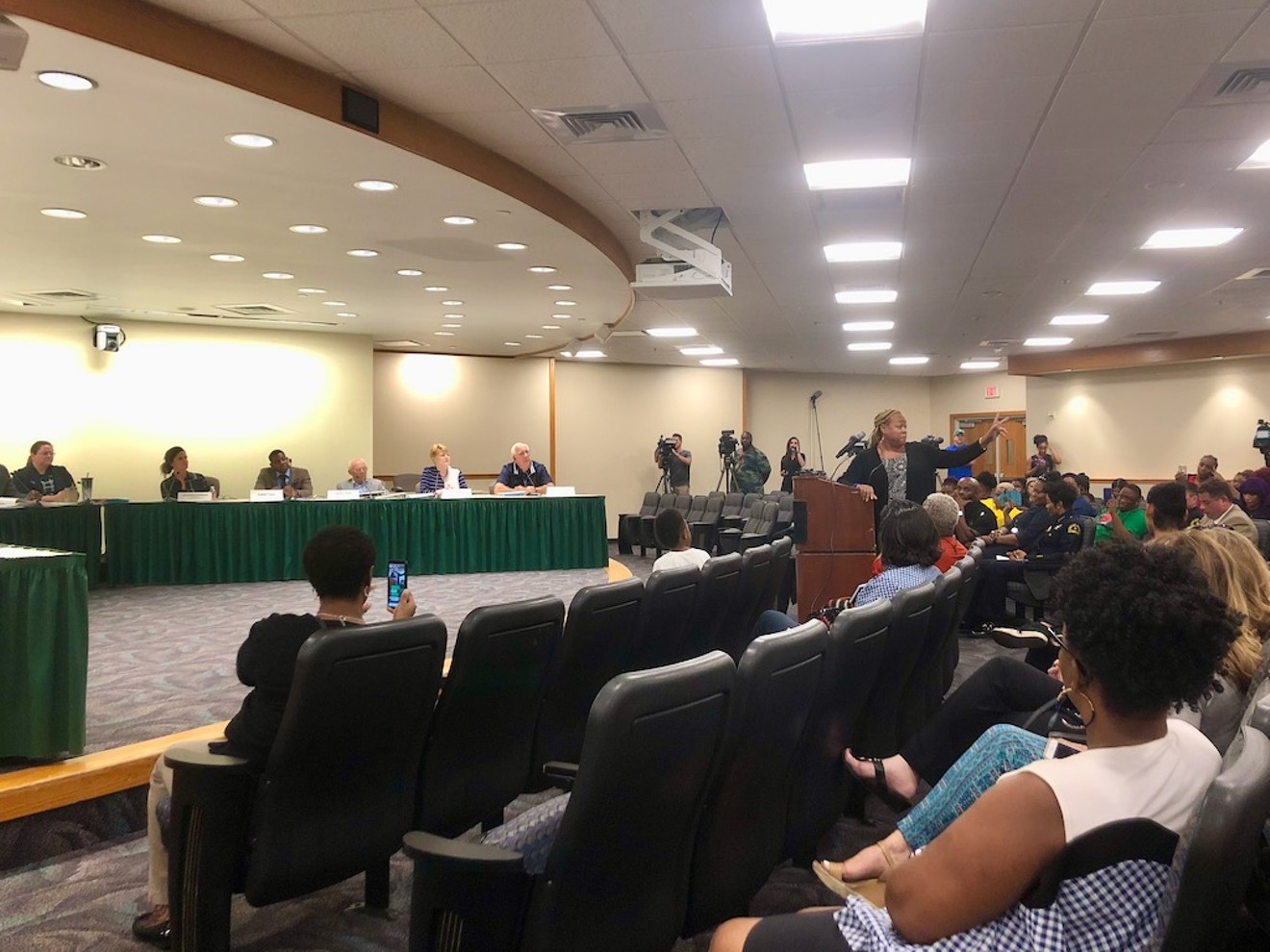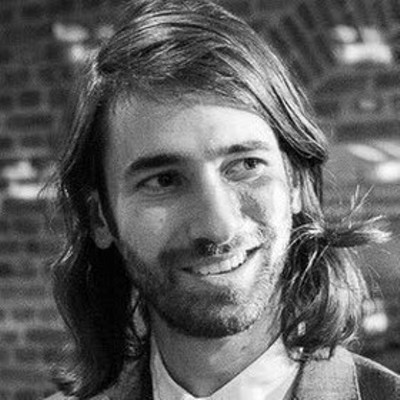Instructions on a Dallas police website for submitting complaints led callers to a disconnected number. A link to the office responsible for collecting complaints didn't work.
Even if anyone had managed to leave a complaint, there would have been no one to investigate it.
After being informed of the problems, the department fixed the errors on its website on Friday morning. But months after it was created and weeks after it was supposed to be up and running, city officials say the office responsible for fielding complaints is barely staffed and incapable of performing its legally mandated duties.
The office is the result of years of pressure from activists, as well as increased scrutiny in the wake of the 2018 murder of an unarmed black man in his home by a white, off-duty police officer.
The council unanimously approved the creation of the office in April. It was supposed to be implemented Oct. 1.
The ordinance empowered the office’s director, who will report to the city manager, to monitor internal police department investigations. The director also has limited investigatory powers, including the ability to interview department employees.
But that position is currently unfilled and may not be filled until early next year, said John Fortune, the assistant city manager for public safety. Until that hire is made, the office can't investigate any complaints made by the public, a staff member confirmed.
The position was first posted in August. Fortune said he was forced to continue soliciting applications after he wasn’t happy with the first round of applicants.
“It’s always a little hard to recruit for a new position that doesn’t exist,” he said.
The office is part of a package of police oversight reforms that have been in the works since at least 2017, when Chief U. Renee Hall made the issue a priority upon assuming office. Efforts intensified after the murder of Botham Jean in his apartment by Amber Guyger, an off-duty Dallas officer, in September 2018.
Although the resulting compromise strengthened the existing review board, which had little real power, many of reform supporters' demands were not met, including the ability to subpoena officers to testify.“We need to have trust between the board and the police department, and menial mistakes that genuinely hurt progress are going to jeopardize that.” — Pamela Grayson
tweet this
The office currently has only a single staff member: an administrative assistant who answers the phone. It is supposed to have three full-time employees, including the director and an investigator.
Not that it seems to have mattered. The assistant, Lacey Lewis, said the new office had yet to receive a complaint.
When a reporter for the Observer attempted to submit one last week, the office’s contact information was incorrect on a Dallas Police Department website detailing the complaint-filing process.
The phone number was disconnected and a link to the office’s website was password-protected.
As part of its overhaul of police oversight in Dallas, the City Council also approved the creation of a council-appointed board to act as a liaison between the office and community.
After the Observer informed the chair of that board, Jesuorobo Enobakhare Jr., about the errors on the Dallas Police Department website, they were fixed the next day.
Fortune said the error was a mistake: The phone number was a typo, and the police department updated their website faster than the Office of Community Police Oversight could create theirs.
“I would say that’s being sloppy,” said Pamela Grayson, an activist who has been involved in the push for improved oversight of police in Dallas for the last year.
“I think the ramifications will be negative connotations for the board but also negative connotations for the police department,” she said.
Enobakhare said the mistake was concerning but that he hoped the community would give the board time to put all the “processes into place.”
Enobakhare was appointed chairman a few weeks ago, and his tenure has so far been a rocky one. At the board’s first public meeting, he attempted to close the proceedings before protesters angrily informed him that the law required they be given an opportunity for public comment. The meeting disintegrated into a melee between activists and police.
Later, activists demanded several of the board's members step down for having objected to the board's creation in the past. The members refused. Activists, including Grayson, said their presence undermined the board's purpose as a community advocate.
Further events of the last week have underscored the tensions between police and African Americans in the region that have garnered national attention.
Last Sunday, 28-year-old Atatiana Jefferson was shot and killed by a Fort Worth police officer as she played video games with her nephew on her couch. Video from the officer’s body camera was released shortly thereafter, and the officer was also charged with murder.
In July, BuzzFeed published inflammatory social media postings from a Dallas police officer as part of an investigation that revealed violent and racist comments from cops nationwide.
“Just another savage that needs to be exterminated,” the Dallas officer, Booker Smith Jr., wrote on Facebook.
For activists, the reforms are an opportunity for Dallas to restore faith in a police force that has come to be feared by many of its citizens.
“We need to have trust between the board and the police department,” Grayson said, “and menial mistakes that genuinely hurt progress are going to jeopardize that.”












